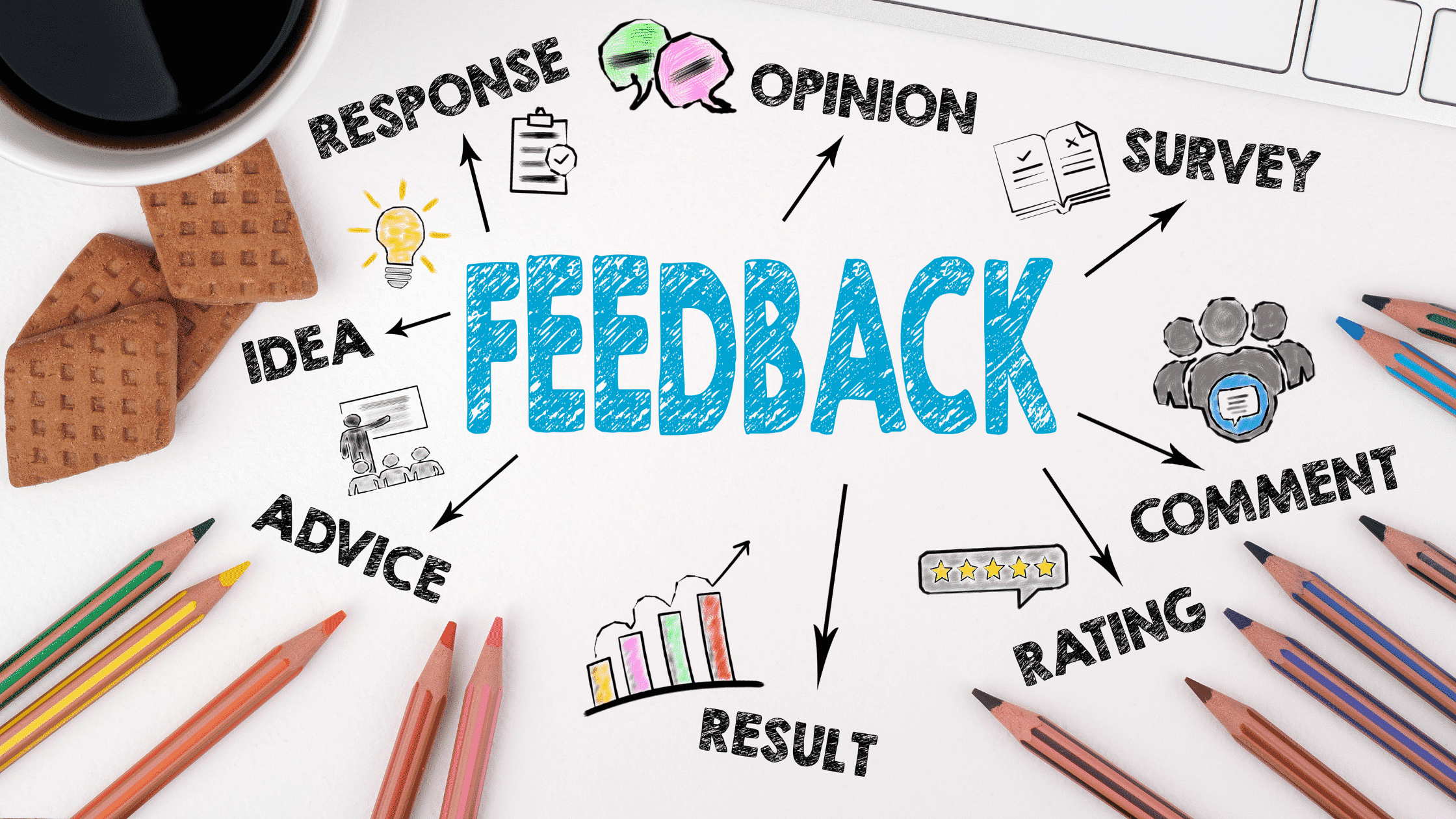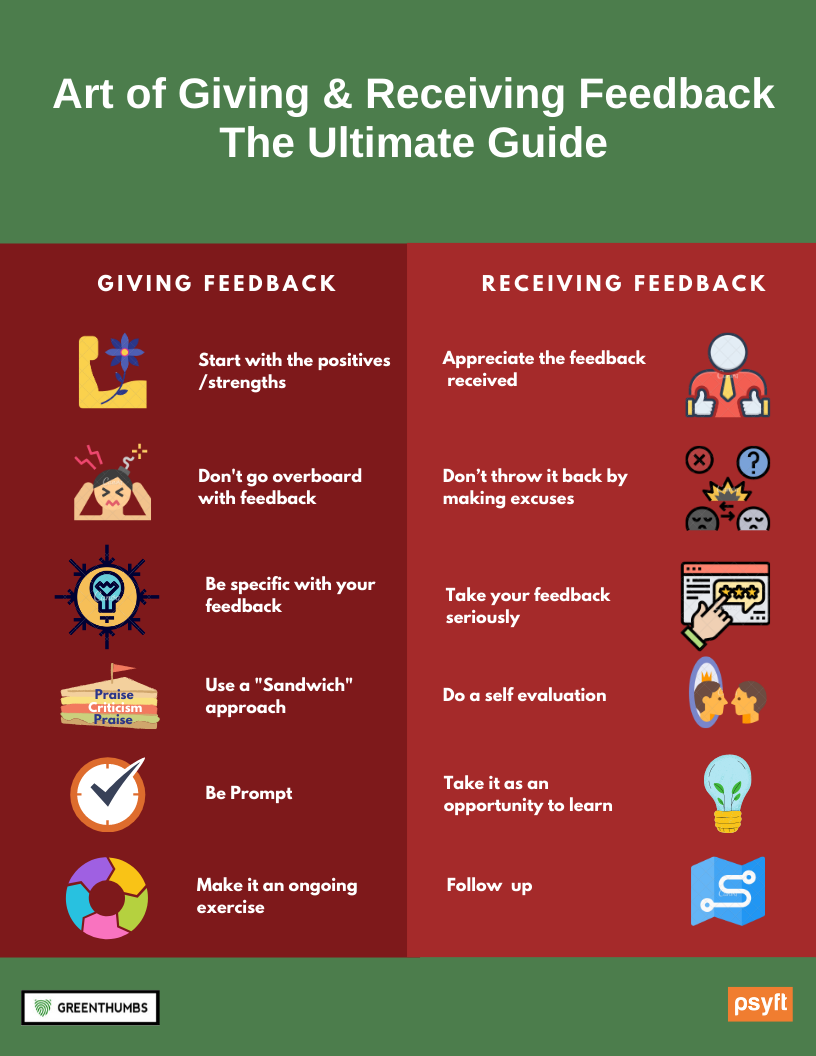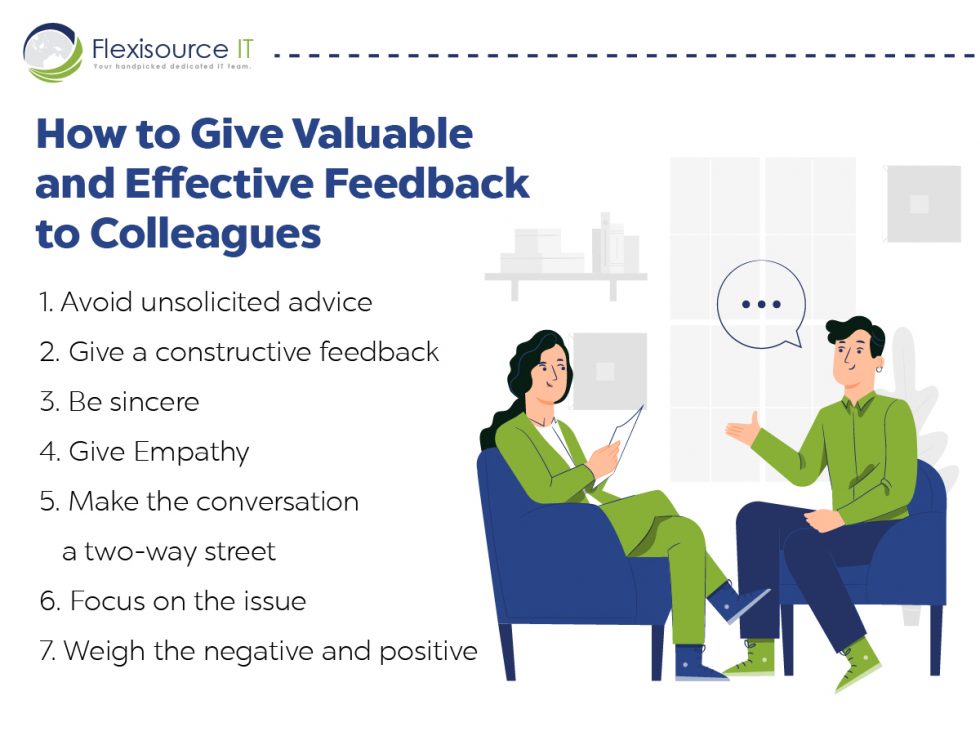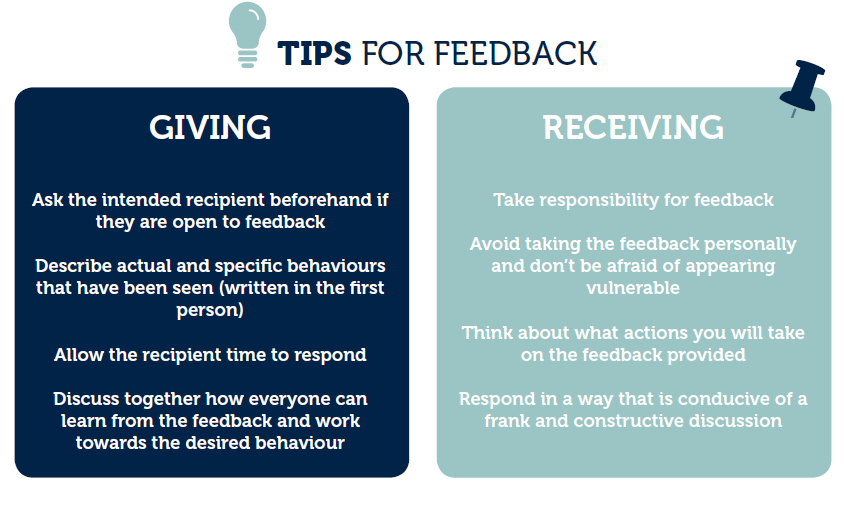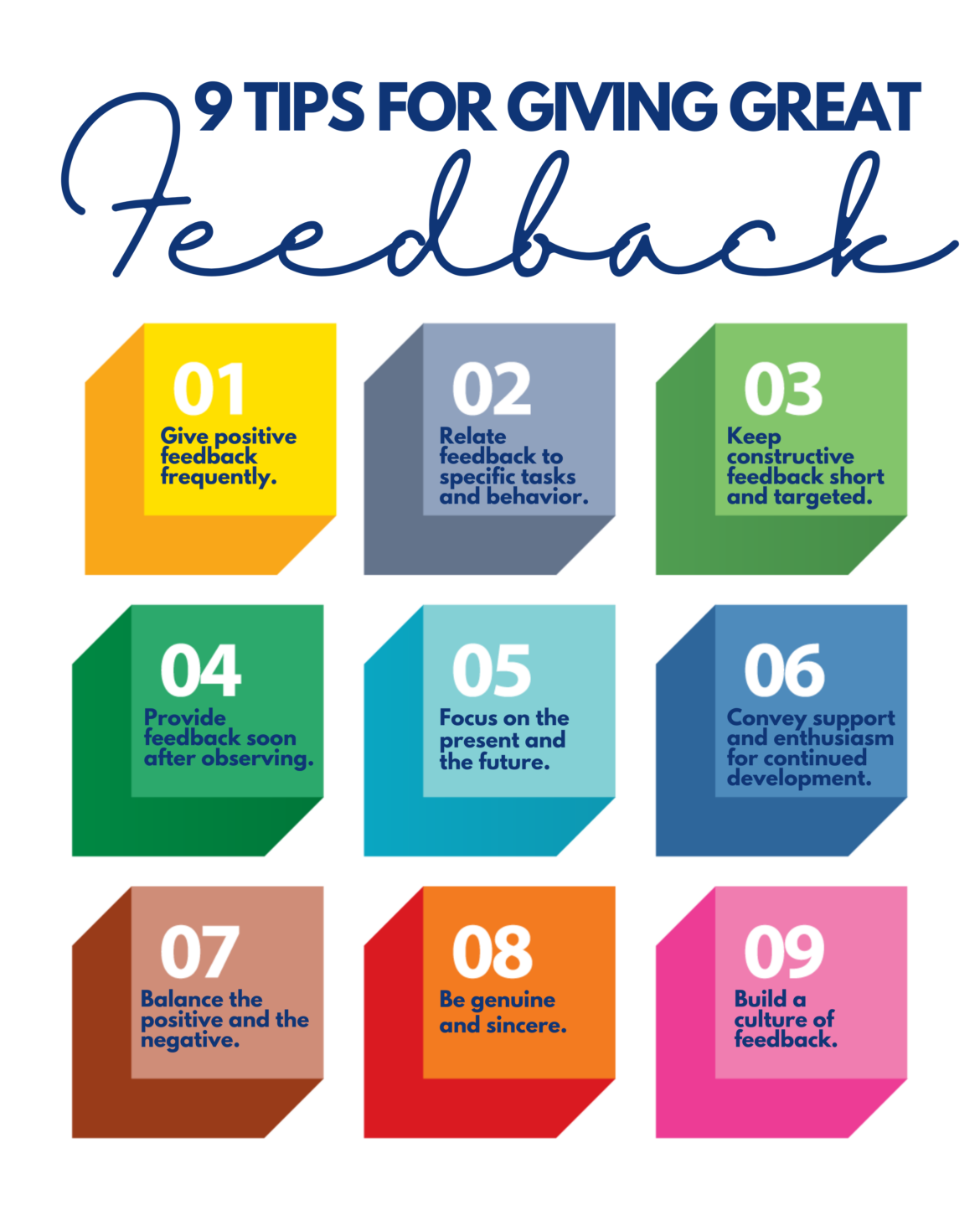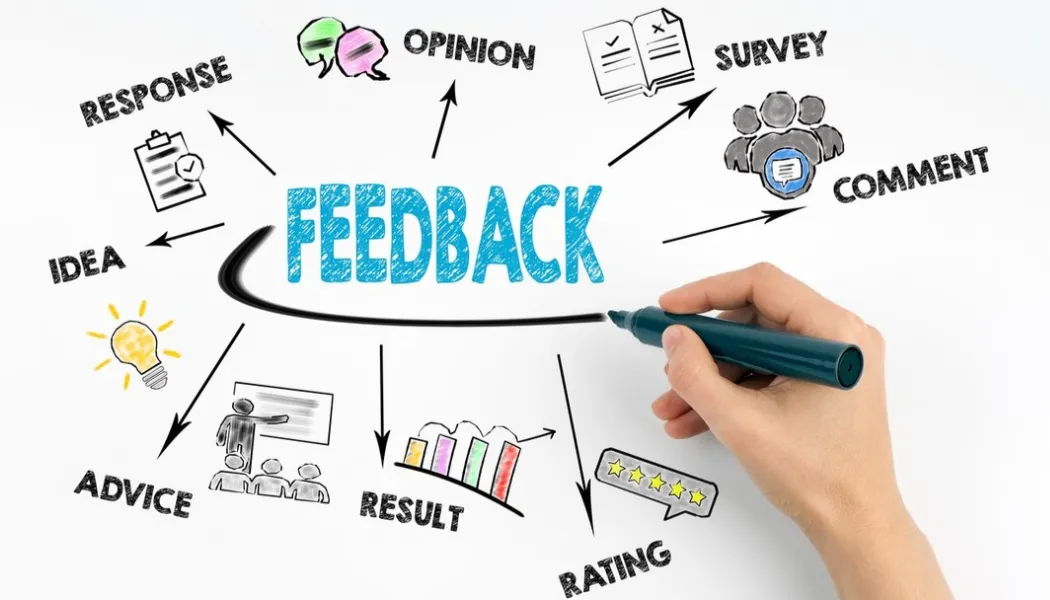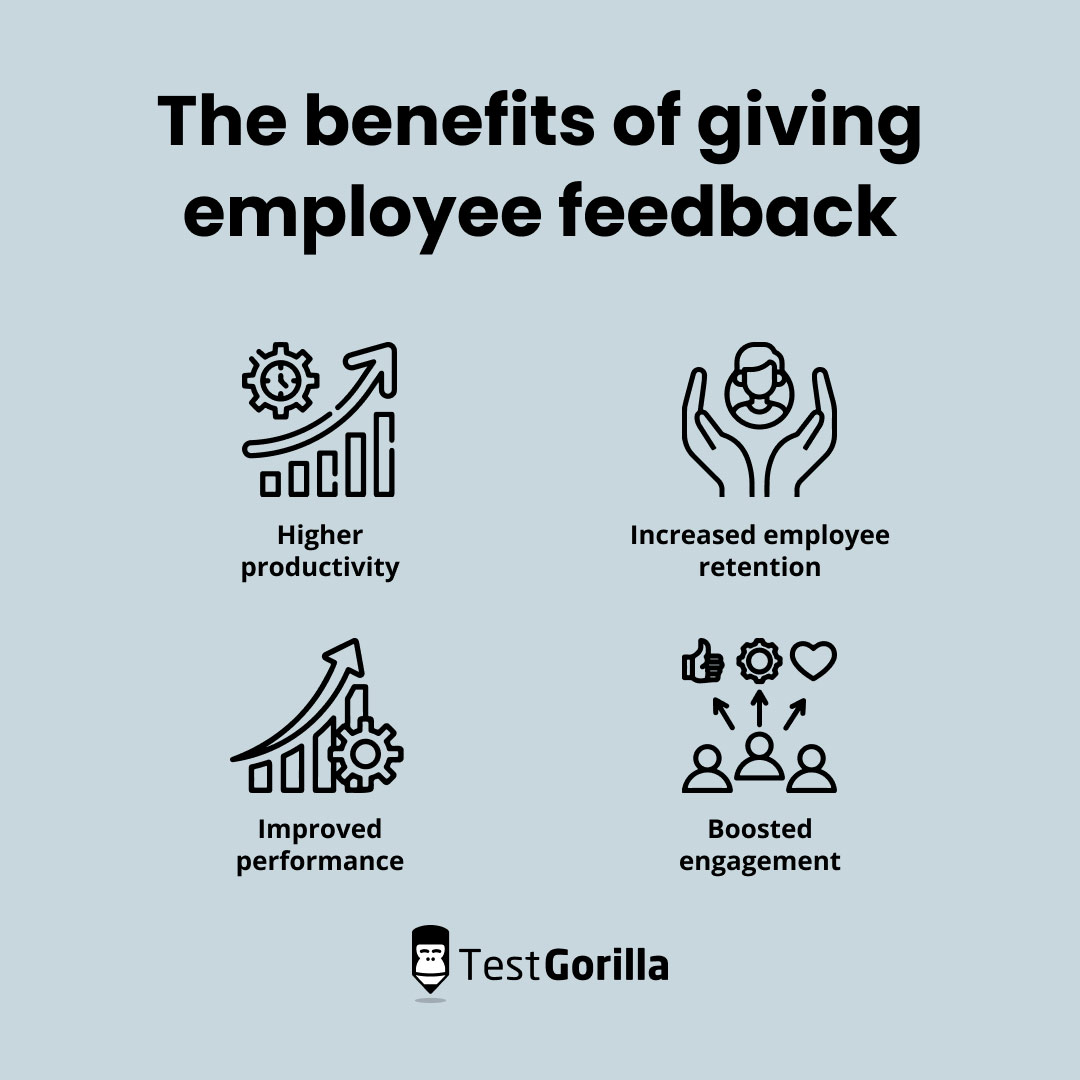Giving And Receiving Feedback In The Workplace

Constructive feedback, both given and received, is increasingly recognized as a cornerstone of professional growth and organizational success. While annual performance reviews were once the norm, a growing emphasis is being placed on fostering a culture of continuous feedback throughout the year. This shift reflects a broader understanding of how regular, well-delivered feedback can boost employee engagement, improve performance, and reduce attrition.
The ability to effectively give and receive feedback is no longer considered a soft skill, but rather a critical competency for employees at all levels. Experts suggest that consistent feedback loops contribute to a more agile and responsive workforce.
The Rise of Continuous Feedback
The traditional annual performance review is falling out of favor with many companies. According to a 2023 report by Gallup, only 14% of employees strongly agree that their performance reviews inspire them to improve.
This dissatisfaction has led to a surge in popularity of continuous feedback systems. These systems prioritize regular, informal check-ins and real-time feedback throughout the year, fostering a more dynamic and adaptable work environment.
Companies like Adobe and Deloitte were early adopters of this approach, abandoning annual reviews in favor of more frequent feedback sessions.
Best Practices for Giving Effective Feedback
Delivering feedback effectively requires more than just pointing out areas for improvement. Experts emphasize the importance of framing feedback constructively, focusing on specific behaviors, and providing actionable suggestions.
Before delivering feedback, it's crucial to consider the recipient's perspective and choose an appropriate time and setting. A study published in the Harvard Business Review suggests that feedback is most effective when delivered promptly and privately.
Dr. Anna Thompson, a leading organizational psychologist, advises managers to frame feedback as a conversation rather than a lecture. "The goal is to help the employee understand the impact of their actions and work collaboratively to find solutions," she explains.
Navigating the Feedback Process as a Receiver
Receiving feedback can be challenging, even when delivered with the best intentions. The key is to approach feedback with an open mind and a willingness to learn.
Actively listening, asking clarifying questions, and acknowledging the feedback are crucial steps in the process. It's also important to separate the message from the messenger and focus on the content of the feedback itself.
"Don't take feedback personally," advises Mark Johnson, a career coach. "View it as an opportunity for growth and development."
The Impact on Employee Engagement and Performance
A culture of open and honest feedback can have a profound impact on employee engagement and overall performance. When employees feel heard and valued, they are more likely to be motivated and committed to their work.
Regular feedback can also help employees identify and address skill gaps, leading to improved performance and career advancement. This, in turn, can contribute to higher retention rates and a more productive workforce.
Studies have shown a direct correlation between employee engagement and profitability. By fostering a feedback-rich environment, companies can create a virtuous cycle of growth and success.
Challenges and Considerations
Despite its benefits, implementing a successful feedback system is not without its challenges. Some employees may be resistant to receiving feedback, while others may struggle to deliver it effectively.
Organizations must invest in training and resources to equip managers and employees with the skills they need to navigate the feedback process. This includes training on active listening, constructive communication, and conflict resolution.
Furthermore, it's important to establish clear guidelines and expectations for feedback, ensuring that it is fair, objective, and aligned with organizational goals.
Ultimately, the success of any feedback system depends on creating a culture of trust and transparency. When employees feel safe to share and receive feedback, the potential for growth and improvement is limitless.

